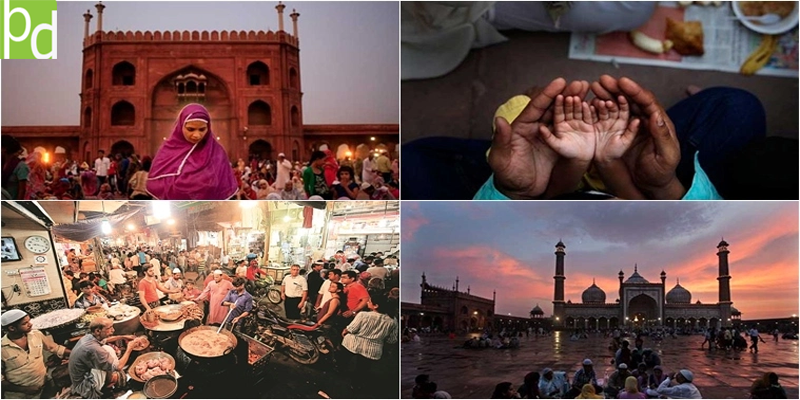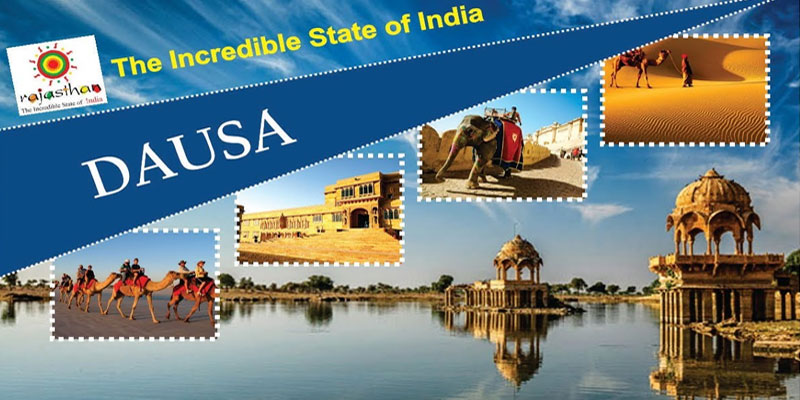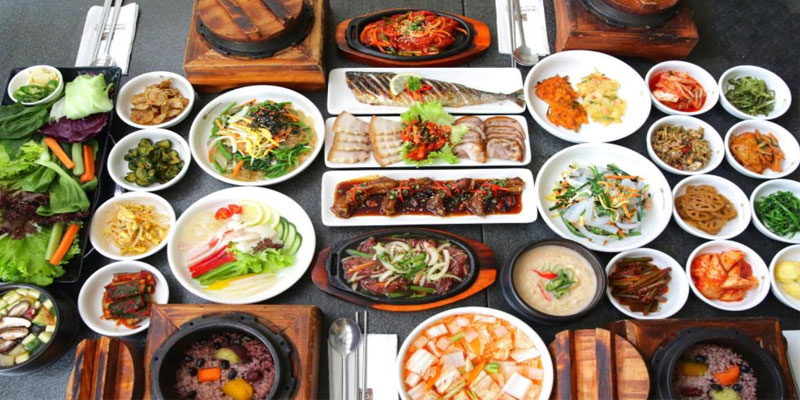Our religion plays a great role in forming of customs and traditions in India. This is the reason that India is a country which fails to express support towards homosexuality. Homosexuality is sexual interest or attraction towards members of one’s own sex. The frequently used term for male homosexuality is gay; whereas, female homosexuality is often referred to as lesbianism. Homosexuality is variously approved of, tolerated, punished, and banned in different cultures. Homosexuality in Delhi is illegal under freshly-reinstated Section 377 of the penal code, originally based on outdated British law. Homosexual sex is punishable by up to 10 years in prison in India.
- Hate crimes and bias against the LGBT (Lesbian, gay, bisexual, and transgender) community are on the rise around the world, especially in Delhi. Several organizations have expressed support for decriminalizing homosexuality in Delhi, and pushed for tolerance and social equality. They believe it is important to understand that such relationships are based on mutual consent, trust, transparency and respect.
- In India, there were about 2.5 million gay people recorded as per the figures by the Ministry of Health. These figures are only based on the individuals who have declared their identity. It is believed that there are much higher statistics for the people who try to conceal their homosexual identity. Thus, there is a huge need to change the laws, sensitize the police and judiciary towards the LGBT community in Delhi.
On 29 June 2008, five Indian cities celebrated gay pride parades. These 5 cities were Delhi, Bangalore, Kolkata, Indore and Pondicherry. About 2,000 people turned out in this gay pride parade of Delhi.
It is important to raise awareness and generate funds to fight legal cases against queer lives in intolerant societies. These days NGOs in Delhi try to help LGBT community by helping them in getting their fundamental rights to life and liberty, freedom of expression and equality because closets are for clothes, not for people.
You can also read: History of Indian Islamic Cultural Centre, A Less Known Story!




